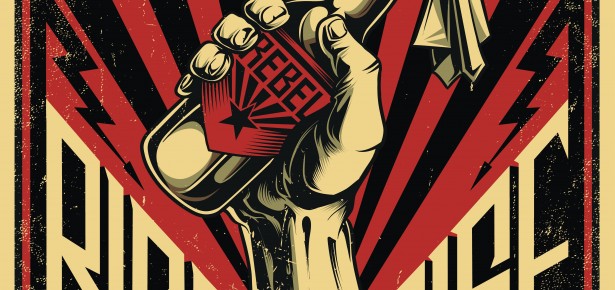I get challenged regularly by atheists who object to God because, they believe, they don't deserve Hell. they claim that Hell is overkill for the actions of most human beings.
Do they have a case? No, I don't believe that they do.
In his book, The Existence and Attributes of God, Puritan Stephen Charnock addresses this point: "Man would make himself his own end and happiness. As God ought to be esteemed [as] the first cause, in point of our dependence on Him, so He ought to be our last end, in point of our enjoyment of Him. When we, therefore, trust in ourselves, we refuse Him as the first cause; and when we act for ourselves and expect a blessedness from ourselves, we refuse Him as the chief good and last end, which is an undeniable piece of atheism. For man is a creature of a higher rank than others in the world, and was not made (as animals, plants, and other works of the divine power) materially to glorify God, but was made a rational creature, intentionally to honor God by obedience to His rule, dependence on His goodness, and zeal for His glory. It is, therefore, as much a sleighting of God for man - a creature - to set himself up as his own end as to regard himself as his own law."
This concept was not new with Charnock. rather, he put into his own words the thoughts of the Apostle Paul: "Although they [i. e., unbelievers] knew God, they did not honor Him as God or give thanks to Him, but they became futile in their thinking, and their foolish hearts were darkened. Claiming to be wise, they became fools, and exchanged the glory of the immortal God for images resembling mortal man and birds and animals and creeping things" (Romans 1:21-23).
The two men are describing two different forms of unbelief, of course. While Paul is describing the turning to pagan worship, Charnock is describing the atheist. However, the two forms are fundamentally one, in that they put someone else in the place of our Creator and Sustainer, the triune God of the Bible. All unbelievers have chosen Satan's offer (Genesis 3:5) of autonomy, illusory though it be.
Now the question to the atheist or pagan should be one that either can understand rationally: if a traitor has pulled his rightful king off the throne, whether to take it for himself or to give it to an interloper, is that not a crime which should be subject to the highest penalty available? A political figure may have only the ability to hang a traitor, having no reach beyond physical death. But God's jurisdiction cannot be thwarted by mere physical death (Matthew 10:28). And just as the rebel in Hell does not eschew his rebellion, neither does his divine Judge relent in His judgment through the rest of eternity.
So, contrary to the assertion of the atheist, the judgment of Hell is both real and perfectly just. The only escape is to flee to Jesus, to be covered by His atoning blood, and to recognize that God remains on His throne, regardless of the efforts of man to cast Him down.




